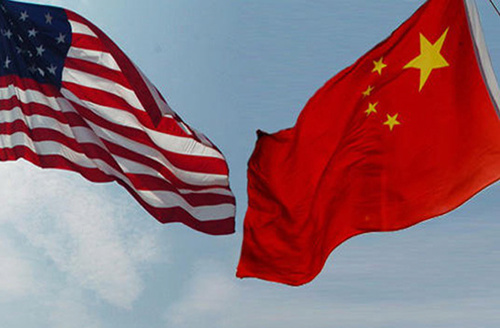
Abstract
As the most important bilateral relations in the world today, Sino-US relations are now in turmoil. The Biden administration has put in place a "bipolarization" strategy – it shored up a discourse of "democracy vs dictatorship", in an attempt to mobilize the international community to contain China. Moreover, Biden has defined the China-US relationship as one of "strategic competition". The bilateral tensions pose two major risks for China. One is the sovereignty crisis arising from the Taiwan issue, and the other is the international public goods crisis resulting from the US-China strategic competition. The former endangers China's sovereign integrity, while the latter will push the world order toward "feudalization". Both are detrimental to China's development, and we believe it is necessary to manage the US-China relationship according to four specific categories – conflict, confrontation, competition, and cooperation. The deterioration of China-US relations and the inadequate supply of international public goods are mutually reinforcing, forming a positive feedback loop. Therefore, a solution to the deterioration of US-China relations cannot be found at the bilateral level. Only by balancing China’s national interests and the interests of the international order can China maintain its edge in long-term strategic competition with the US.
Research Questions
-
What are the structural factors affecting China-US relations?
-
What are the major risks to China arising from the deterioration of Sino-US relations?
-
What are the prospects of China-US relations?

